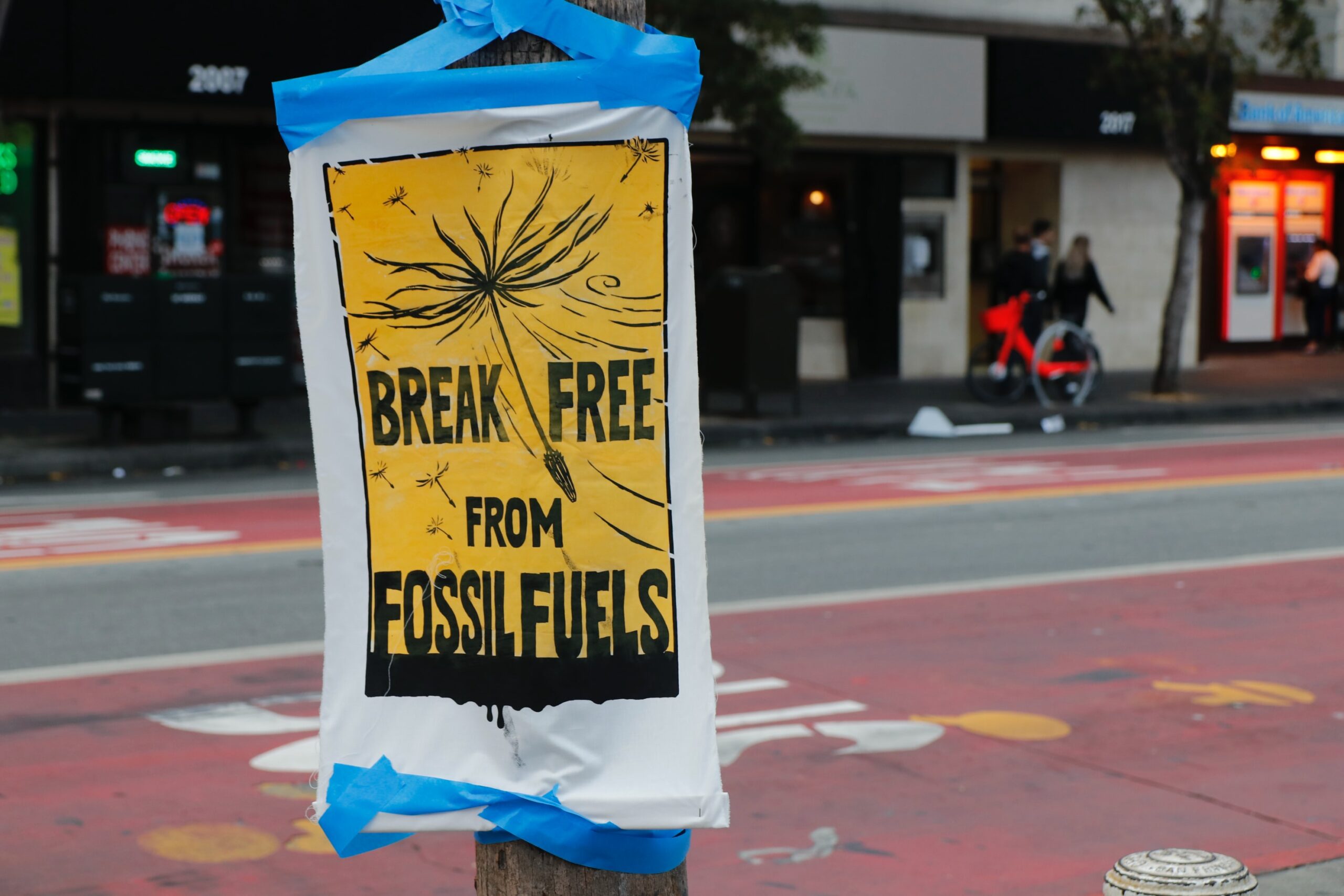Two alleged criminals are locked in cells on opposite sides of a jail. The police enter each cell separately and tell each criminal they have gathered enough evidence to convict them of a minor crime that will land them one year in prison. If one of the prisoners reveals key evidence to convict the other of a more serious crime, they will be let go scot-free while the other gets 20 years. If both talk, however, they will get 8 years each. If both are silent, they each get the minimum time of just a year. What will each prisoner do?
The above story illustrates a classic example of the Prisoners’ Dilemma, a concept in game theory that explains the difficulties of coordination versus competition. The pair would be better off as a whole if they both remain silent. But the prisoners cannot possibly trust that the other will stay quiet and risk getting the highest sentence; thus, the most likely outcome is that both will talk and receive the medium-weight sentence.
The Prisoners’ Dilemma represents the collective action problem that has plagued the environmental movement since its beginnings — the interests of the individual do not always align with the interests of society as a whole.
When considered in regards to climate change, collective action challenges pit the emissions of singular persons, corporations, and countries against total emissions around the globe. Each entity recognizes the economic, political, and societal dangers of failing to mitigate emissions and allowing the planet to rise to cataclysmic temperatures. Every nation and company has the power to reduce or eliminate their own fossil fuel use in favor of renewable energy options; if they all were to do so, greenhouse gas emissions would fall and climate change could be solved once and for all. Yet, making such a drastic transition can have negative short-term impacts on the organization and each cannot trust their competitors to follow through on the same promises, rendering their own efforts futile.
In economics, this problem is referred to as the tragedy of the commons and can involve a host of environmental issues, from land use, overfishing, and climate change. Given its critical role as a sink for greenhouse gases, the atmosphere is a common-pool resource. Its services are rival in consumption, meaning the resource can only be used by so many before it becomes depleted. Additionally, the atmosphere is non-excludable, making it nearly impossible to restrict who can employ its services. Thus, the tragedy of the commons dictates the exorbitant exploitation of the atmosphere; countries and companies are within their right to emit any amount of greenhouse gas into the atmospheric sink but feel no responsibility to protect its services. If environmental offenders refuse to accept responsibility for their role in climate change while still emitting at destructive levels, the concentration of greenhouse gases in the atmosphere will continue to climb, causing global temperature rise and worst-case scenario impacts.
At an international level, issues of inequity between ‘developed’ and ‘developing’ nations also emerge. Historic polluters, including the United States and Europe, place blame upon the currently developing world, including China and India, who are just now catching up in emissions levels. But these states believe they have the right to develop using fossil fuels in the same way the developed world already has. Moreover, the least developed countries have essentially not contributed to climate change at all but will require cheap energy sources, principally fossil fuels, in order to raise their GDP and improve their quality of life. Acting in self-interest, each group of nations argues responsibility to cut emissions fall upon another group, locking international conferences in a stalemate.
So how do we solve this failure of collective action? Social scientists theorize the Prisoners’ Dilemma can be broken through repeated interaction and open sharing of information in order to facilitate trust between parties. By this approach, world leaders should be able to reach an intergovernmental consensus on climate change through joint cooperation and transparency.
On the other hand, work by Nobel Prize-winning economist Elinor Ostrom points towards the ability of local scale initiatives to repudiate the tragedy of the commons. By focusing on case studies of overconsumption of common resources around the world, Ostrom found that “local property can be successfully managed by local commons without any regulation by central authorities or privatization.” While her work did not necessarily analyze global warming and atmospheric exploitation, her conclusions could suggest the necessity of a bottom-up approach to solving climate change. By emphasizing the shared ownership of common resources, individuals are more likely to protect the quality of that resource. Moreover, local actions to mitigate greenhouse gas emissions may have additional benefits for the community, including lower costs, energy security, and improved air quality. Programs such as the Cities for Climate Protection apply local tactics and community trust to cut fossil fuel use and conquer the Prisoners’ Dilemma.
Collective action is decidedly more manageable in a smaller scope, as evidenced by the failure of COP26, the international climate conference that took place in Glasgow, Scotland in the fall of 2021. Yet, given the urgency and enormity of the issue, a combination of local and international approaches is likely necessary to tackle climate change. To solve the collective action problem, lawmakers must draw on the successes of bottom-up approaches to foster mutual responsibility for greenhouse gas emissions and an institutional framework that pushes the world toward a greener future.
Sources
Duso, Marco. “Why Climate Change Is No Prisoner’s Dilemma.” BCG, 4 June 2020, https://www.bcg.com/publications/2020/short-term-solution-to-tackle-climate-change.
Harford, Tim. “Climate change and the prisoner’s dilemma.” Financial Times, 23 January 2020, https://www.ft.com/content/5312691c-3d3c-11ea-b232-000f4477fbca.
Henderson, David R. “Elinor Ostrom.” Econlib, https://www.econlib.org/library/Enc/bios/Ostrom.html.
Kamarck, Elaine. “The challenging politics of climate change.” Brookings, Center for Effective Public Management, 23 September 2019, https://www.brookings.edu/research/the-challenging-politics-of-climate-change/.
Paavola, Jouni. “Climate Change: The Ultimate Tragedy of the Commons?” Property in Land and Other Resources, 2012, pp. 417-433, https://www.lincolninst.edu/sites/default/files/pubfiles/climate-change_0.pdf.

